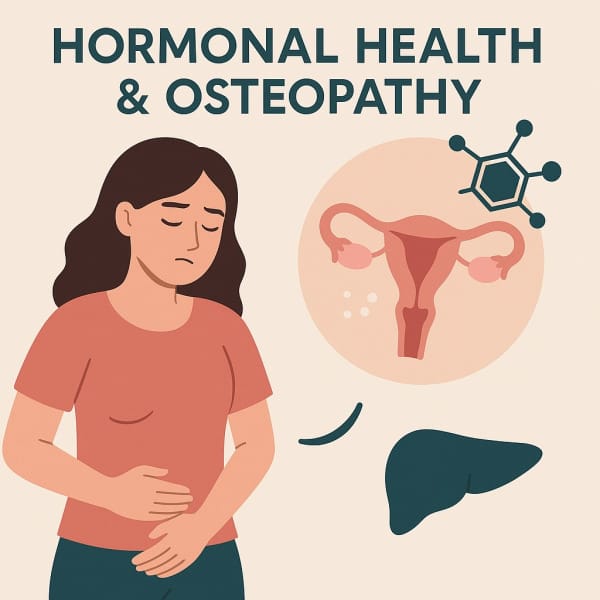Are you someone that struggles with painful, or irregular periods? Do you suffer from PMS? Or are you going through menopause? No matter what the struggle with your cycle is, this blog is for you!
Let’s start at the beginning: Hormones function as biochemical communication molecules in our body. By transporting signals from one body part to another, they regulate many essential processes, such as metabolism, digestion, growth, sleep-wake-cycles and reproduction. Additionally, they have a direct influence on our immune system as well as our psychological and emotional well-being.
After production, the hormones circulate in our bloodstream, until eventually they get broken down by the liver and excreted subsequently. If the liver is overloaded, for example from excessive alcohol consumption, environmental toxins or chronic stress, it can only perform with a limited ability, and therefore directly impair our hormonal balance.
Another very important player in regulating our hormonal health is the autonomic nervous system. It regulates, completely subconsciously, all essential survival functions, from breath and heartbeat to body-temperature. In a healthy body, the autonomic nervous system functions like a seesaw – steadily fluctuating between its two poles, the ‘sympathetic’ part and the ‘parasympathetic’ part. The sympathetic part, also called ‘fight or flight’ mechanism is responsible for dealing with stressful situations, ensuring survival. Whereas the parasympathetic part, also called ‘rest and digest’ state, is responsible for relaxation and rejuvenation, promoting for example our digestive system for adequate nutritional intake. This system is additionally complemented by the so called ‘enteric nervous system’, the brain of our digestive tract. However, this is out of the scope of this article.
If our body is in a stress response, and the sympathetic part takes over, releasing adrenalin as an initial response. After a few minutes of action, the so called HPA-Axis (Hypothalamus-Pituitary-Adrenal Axis) gets activated, releasing the hormone Cortisol. Cortisol is a slower messenger than adrenalin, but in return lasts longer and ensures a more sustainable stress response. It functions, amongst other things, as an inflammatory suppressant, allowing the body to concentrate energy resources on essential survival mechanisms only.
As soon as the stressful situation is over, the seesaw tip’s back, letting the parasympathetic state promote healing and rest again, allowing capacity for ‘non-essential’ bodily functions (such as reproduction).
If however, stressful situations become the norm, through constant physical or emotional overload, the sympathetic part becomes dominant and therefore creates an imbalance in this sensitive system. This may lead to a variety of symptoms, for example: compromised immune functions and stress amenorrhea (the absence of menstrual periods), but also generally increased hormonal fluctuations or instabilities and increased inflammatory states which may promote the development of endometrial growths.
It is important to note, that stress is not always the sole cause of such symptoms. Seeking appropriate medical advice is therefore essential. However, it is certain that persistent stress does indeed promote the development of many chronic illnesses. Consequently, finding sustainable solutions to promote our overall health and well-being are necessary.
Osteopathy, as a holistic, mind-body therapy, can help you to restore the natural balance of your nervous system, as well as to find appropriate management strategies for the long-lasting support of regular, healthy cycles.
But not only this, one of the 5 principles of osteopathy is that: ‘structure and function are reciprocally interrelated’. Sounds complicated, has a very simple meaning: the structure of a body part influences it’s function and in return the function of a body part influences it’s structure. As an example, structural tensions or adhesions of an organ, such as the liver, will contribute to, or even cause, impaired function. Osteopaths therefore strive to detect and subsequently release such structural tensions. With a highly trained sense of touch and subtle release techniques
Osteopathy can therefore support optimal organ function and as a consequence contribute to a sustainably balanced hormonal system.
Are you keen to find out more on how Osteopathy might help you specifically? Book an Initial Osteopathy appointment with Lene today.
Lene is available at Natural Balance Therapies in central Hove on Wednesdays and Saturdays. For times and to book click here.

